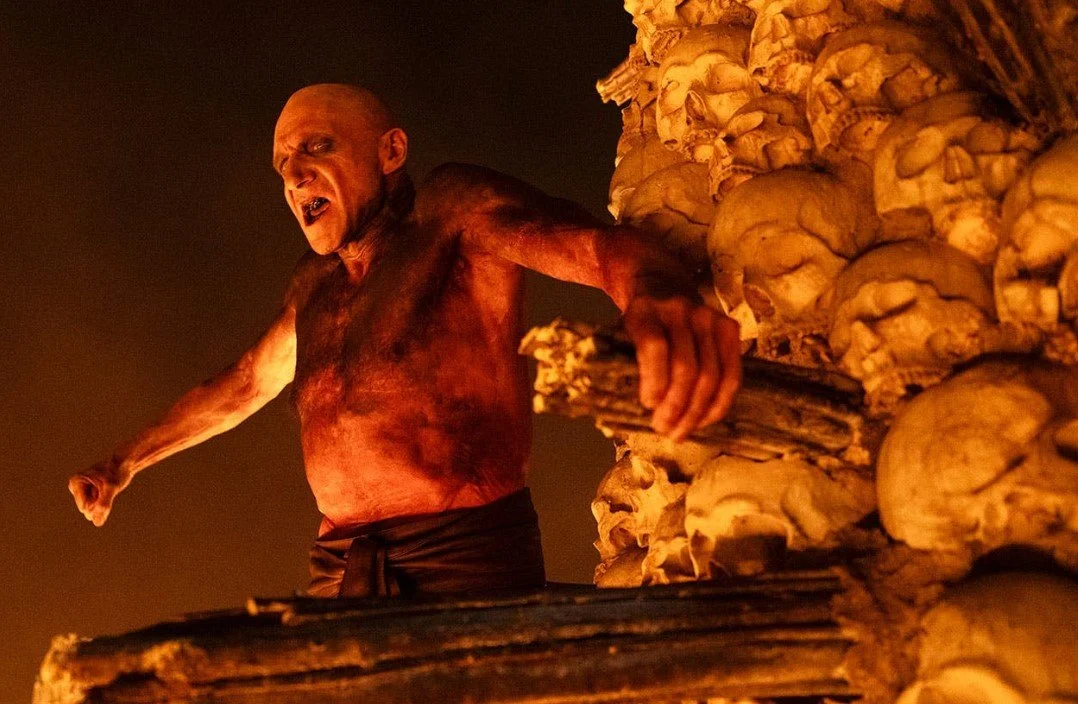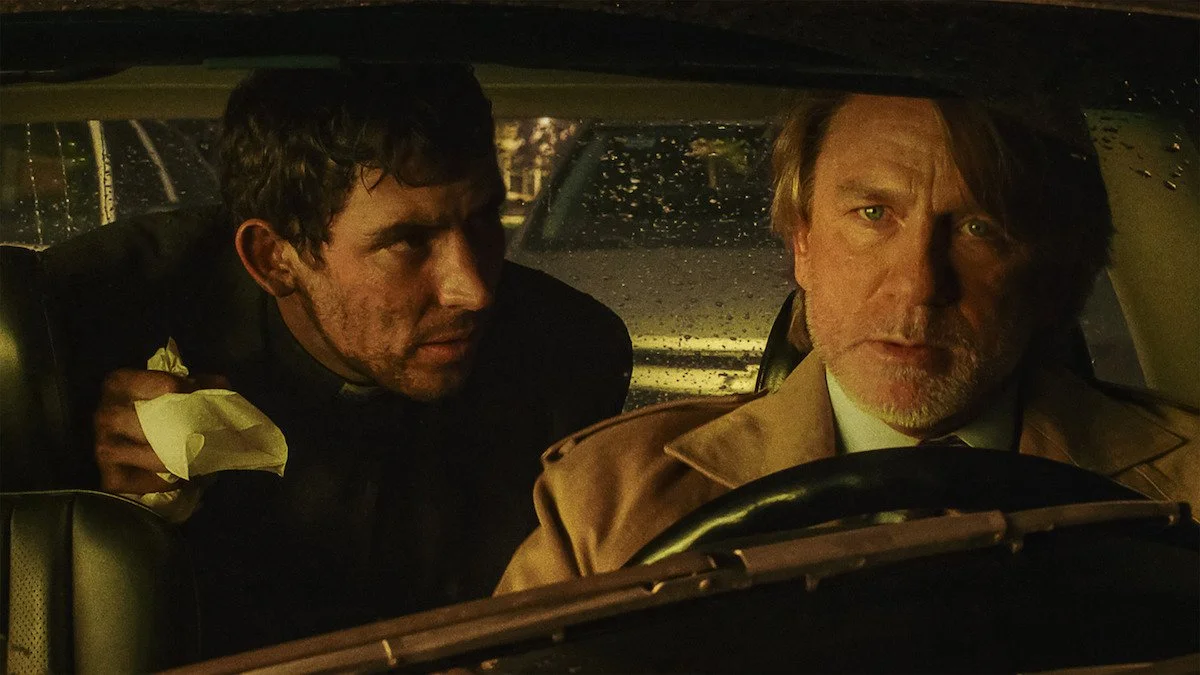‘Corpus Christi’ REVIEW: A Morally Ambiguous Sunday Mass
‘Corpus Christi’ REVIEW: A Morally Ambiguous Sunday Mass
Daniel (Bartosz Bielenia) conducts one of the town’s masses as a faux-priest avoiding his obligations at the carpentry mill.
“Doesn’t matter where you’re coming from. All that matters is where you’re going.”
Corpus Christi deals with an unexpectedly complex subject matter. What if your local priest, who is a celebrated pariah and a self-made cult of personality, is secretly fake? This film dives deep into both the personal lies and struggles and the external obligations and challenges that plague our ex-convict and anti-hero Daniel. It’s a form of microhistory that analyzes church-community dynamics through an anti-hero with a criminal background.
This morally complex religious movie starts off by doing one thing correct: avoiding the preachy side of movies centered around religion. For the first 50 minutes, there is a creeping slowburn that engulfs you in a series of basic questions: How long will it be before Daniel is spotted? What kinds of chaos will emerge from his performative nature as a fake priest? Is he really intent on converting to his faith? How much does he toe the line between his vices and his faith? The foundation that is created by these questions develops into a strong, and complicated network of struggles and dilemmas. Daniel is pushed out from his small dream of serving in the priesthood into a larger obligation to society, which the second half navigates expertly and easily grabs one by the throat.
The film’s social commentary on the Church’s engagement with politics and social issues unravels in a way that is just pleasing to see. It doesn’t just answer the same questions that the first half presents, but it also adds more to the personal and social narratives of the movie. After all, this film is both focused on the spiritual journey of an ex-convict and the way that greater society interacts and responds to him. Issues like the politics of death, moral messaging, and faith intersect in a way that feels almost like a godsend. It goes as far as testing the faith and belief systems of people across the board. Even the film’s ordained priests aren’t excused from the film’s scrutiny of moral choices, and all these elicit a tone that is convincing because it is done in the least glorified and preachy manner. The intricacy that emerges in this film is highly reflective of how the film’s writer, Mateusz Pacewicz, utilises his religious influences (The New Testament, Ginzburg’s The Cheese and the Worms, just to name a few) to create a tale that is very much contemporary in its retrospective analysis.
Half-naked, Daniel reveals to the laity his tattoos and markings, which reveal more about his personal background.
The ending to this religious excursion goes about just as unexpected as a miracle. The closing shots bump up the exposure to 100 and it almost feels like a brief trip to heaven before the audience is reminded of the ambiguity that is lording over everyone. The camera begins to shake and jitter once more, as it does at the start of the movie. Did the town change for the better? How strong is Daniel’s faith after all that has happened? A lot of these questions are successfully injected thanks to the film’s willingness to tie everyone together in the least exaggerated way possible. Each actor delivers a nail-biting performance that is adequately accentuated by the film’s bleak color grading. The thick layers of symbolism between Christ and Daniel are just one of many things that are fairly positioned throughout the film’s two-hour runtime. It’s a social drama that doesn’t pause its breath at any second.
A powerful mass is able to keep you questioning and reassessing your values as a person for a long time, regardless of how strong your Catholic faith is. This film feels like one of those Sunday masses you wish you would’ve gone to.















